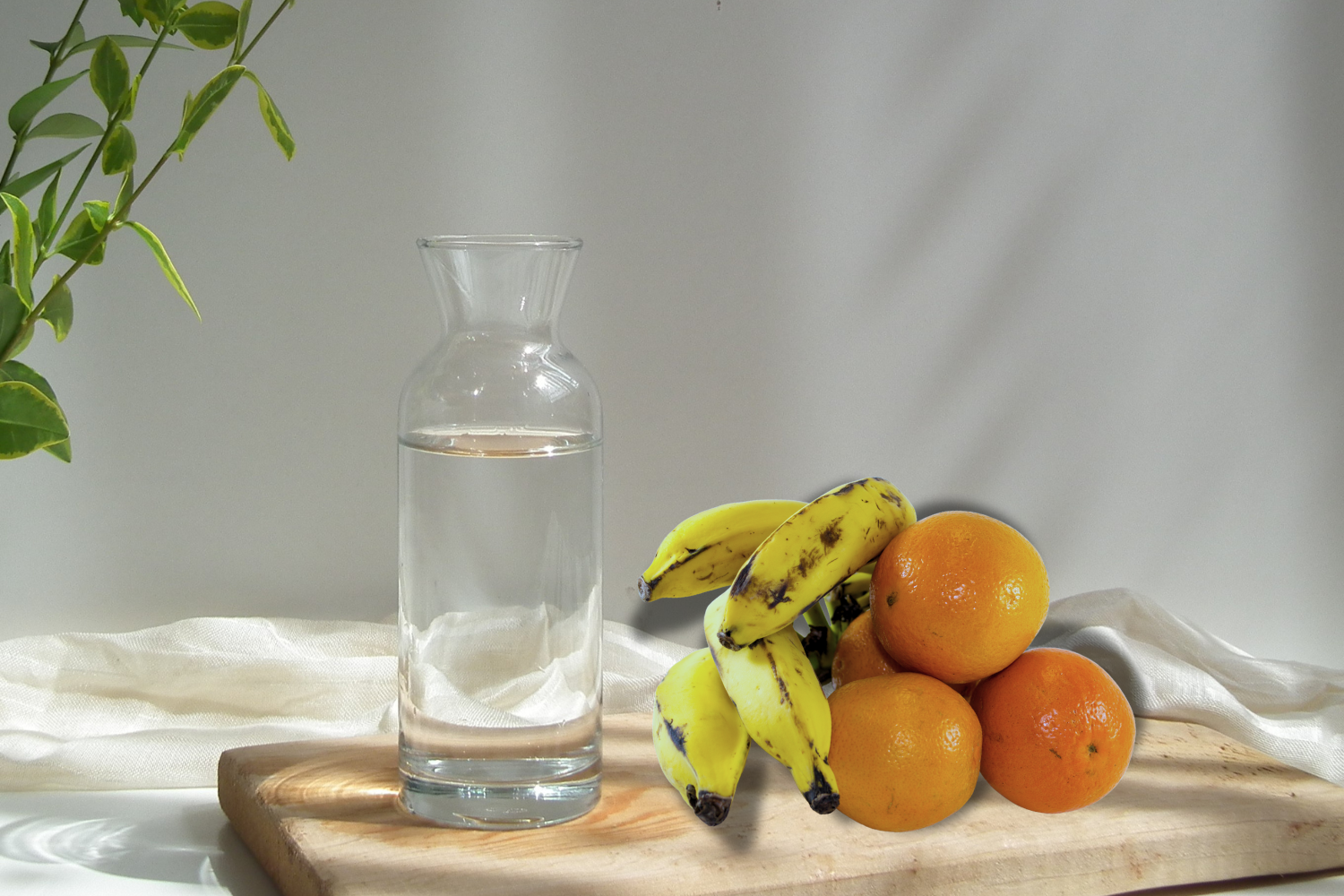Many people assume electrolytes directly fuel the body with energy, especially since popular electrolyte drinks are often promoted as a quick energy boost. In reality, electrolytes are calorie-free, but they support energy metabolism by enabling enzymatic processes and muscle function. These essential minerals are vital for maintaining fluid balance, regulating blood pressure, supporting nerve impulses, and facilitating muscle contraction.
When electrolyte levels fall out of balance, the result can be muscle weakness, brain fog, or a decreased ability to perform during exercise. This article breaks down how minerals like sodium, potassium, calcium, and magnesium connect to hydration status, energy metabolism, and overall exercise performance so your body functions at its best.
What Are Electrolytes and Why Are They Important?
Electrolytes are essential minerals such as sodium, potassium, calcium, and magnesium that carry natural positive and negative electrical charges in the body. These charges enable electrolytes to conduct electricity, which is how they facilitate nerve cell signaling and muscle contraction. They also maintain nearly every fluid in the body in balance, making them key to proper hydration and a healthy heart rhythm.
Electrolyte imbalance can interfere with normal muscle, nerve, and fluid balance functions. Severe imbalances may require medical attention. Maintaining fluid balance through enough electrolytes from whole foods, electrolyte drinks, or supplements supports daily body functions, energy levels, and exercise performance.
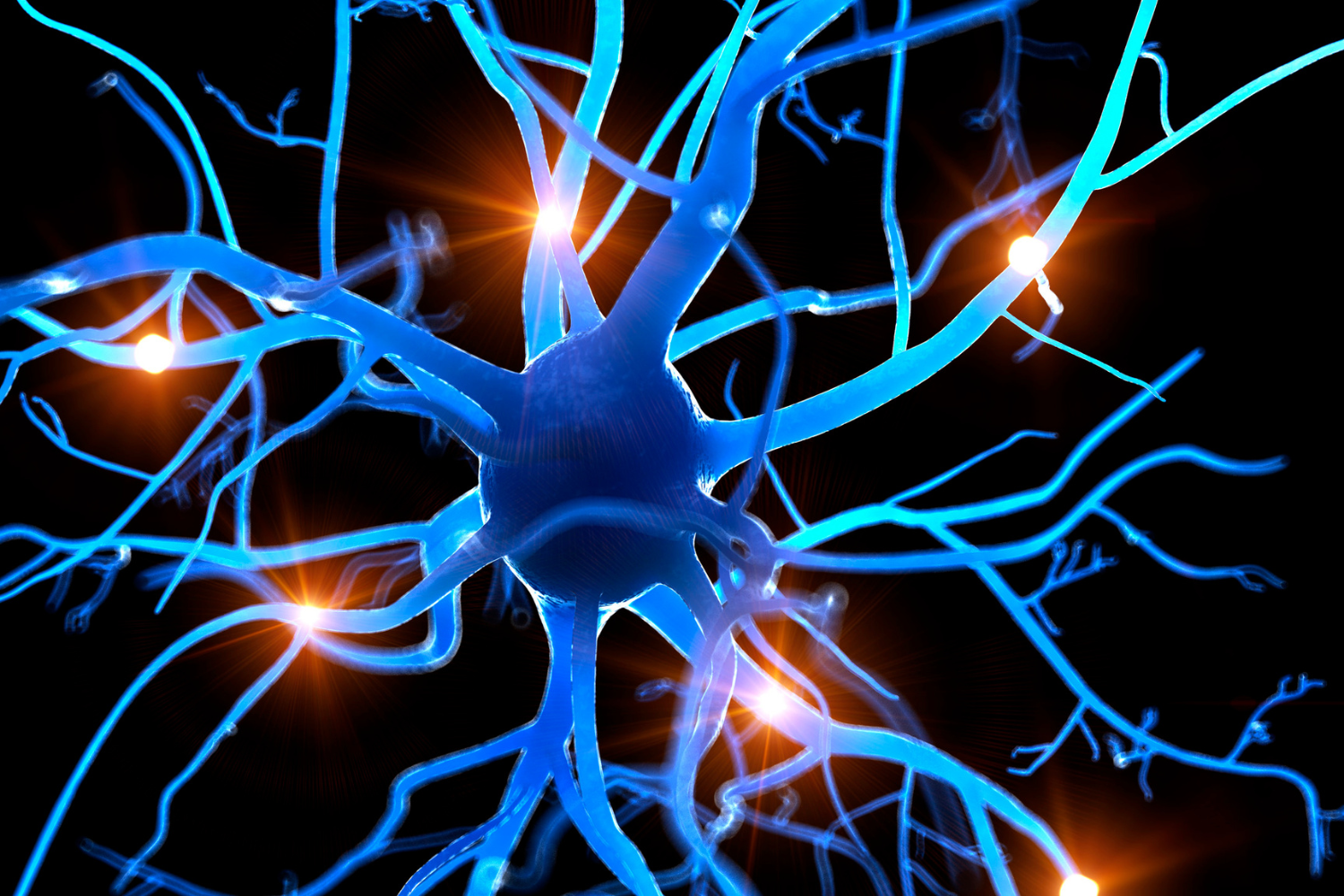
How Do Electrolytes Support Energy in the Body?
Electrolytes don’t create energy the way food does, but they support the systems that keep energy levels steady throughout the day.
Hydration Link
Electrolytes help the body stay hydrated by controlling how water moves in and out of cells. Proper hydration keeps muscles and organs working smoothly, lowers the chance of feeling mildly dehydrated, and helps reduce low energy or brain fog. Drinking water alone may not restore hydration if you lose electrolytes through sweating, which is why electrolyte powders or popular electrolyte drinks can be useful for maintaining fluid balance.
Nerve Signals
Specific electrolytes like sodium and potassium create the electrical charges needed for nerve impulses that tell muscles when to contract and relax. Without adequate amounts, muscles may lose control, leading to cramps, muscle weakness, or twitching. These signals also affect focus and coordination, which explains why endurance athletes often drink electrolytes to improve exercise performance.
Energy Metabolism
Magnesium and potassium calcium and magnesium are vital for energy metabolism because they help enzymes turn nutrients into usable energy. When electrolyte intake is too little potassium or too much magnesium, chemical reactions needed for energy production can slow down, leading to decreased ability during activity. Consuming adequate amounts of these minerals through a nutritious diet, whole foods, or electrolyte supplements helps the body convert fuel into more energy for daily needs.
Circulation
Sodium intake, paired with calcium and magnesium, plays a major role in circulation and muscle contractions. These electrolytes regulate blood pressure, support antidiuretic hormone function, and keep the body hydrated during physical stress.
Imbalances, such as excess electrolytes or too much potassium, can strain blood pressure and heart rhythm. Maintaining the right balance is essential for improving exercise performance and supporting overall hydration status.
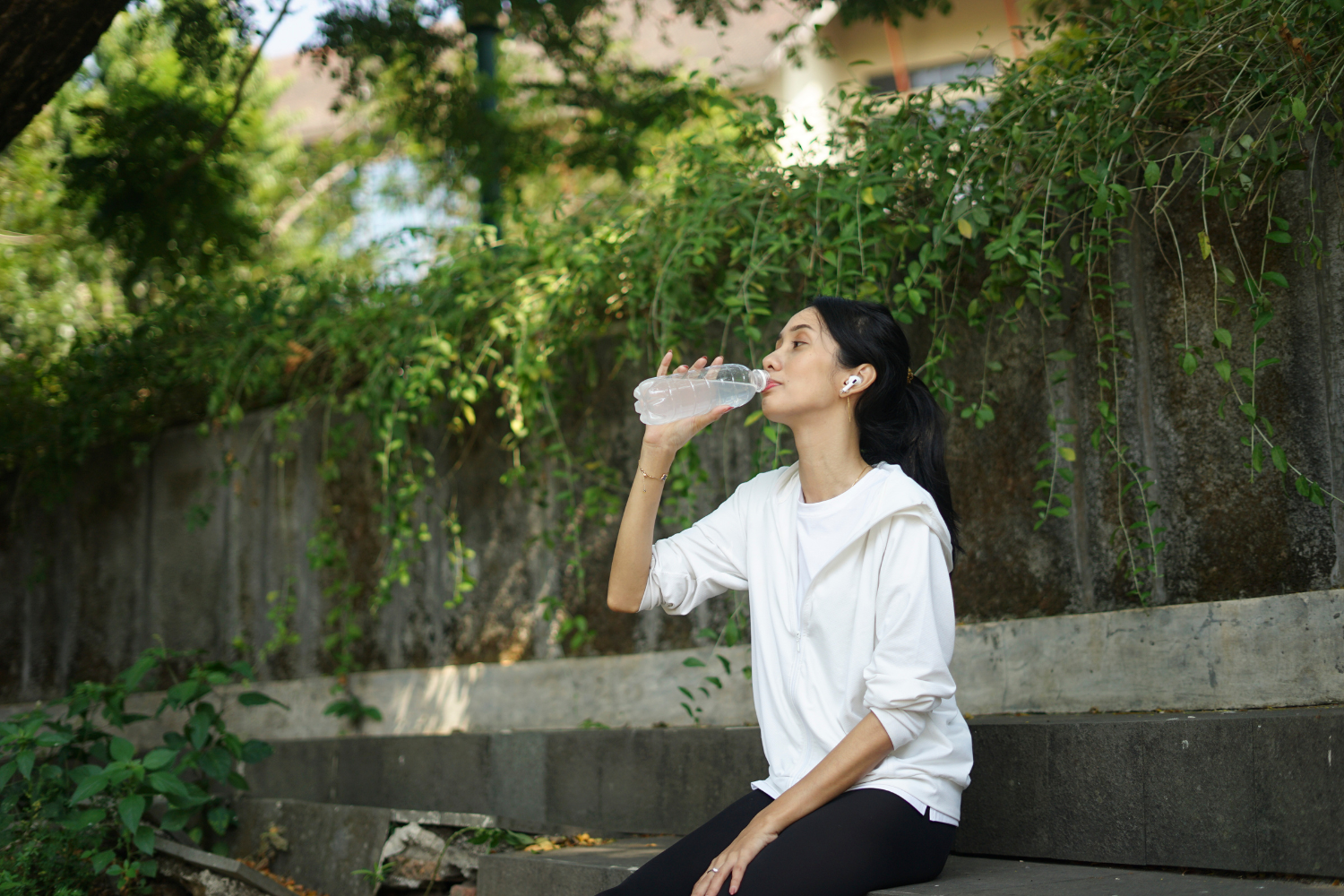
Do Electrolytes Actually Give You Energy?
Electrolytes do not supply calories like carbohydrates, proteins, or fats, so they don’t provide true energy on their own. Instead, they keep hydration, nerve impulses, and muscle function running smoothly so the body can use energy efficiently.
When you drink electrolytes after sweating or losing electrolytes, you may feel an energy lift because adequate hydration restores normal body functions. This is why electrolyte supplements and drinks are often linked with an energy boost, even though the minerals themselves are not a direct source of calories.
Which Electrolytes Are Most Connected to Energy?
Some electrolytes are more closely linked to energy production and daily performance than others. Each plays a unique role in hydration, circulation, and the way muscles and nerves respond, making them essential for steady energy levels and overall body functions.
-
Sodium: Helps maintain fluid balance and supports hydration status.
-
Potassium: Supports muscle contractions and recovery after activity.
-
Magnesium: Contributes to healthy energy metabolism and chemical reactions that create usable energy.
-
Calcium: Works with nerves and muscles to keep movements controlled and efficient.
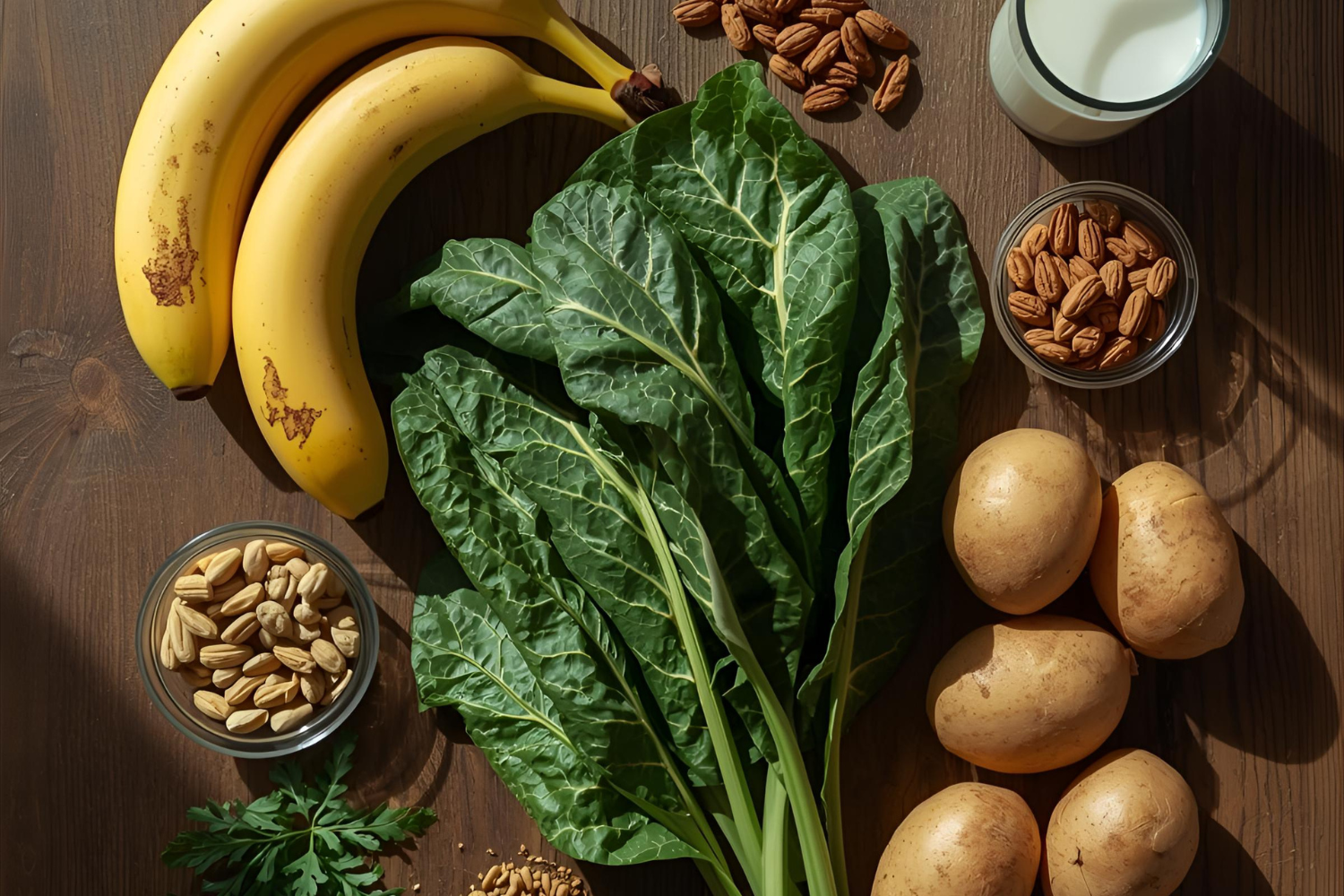
Electrolytes vs. Caffeine: What’s the Difference?
Caffeine is a stimulant that temporarily raises alertness and can create a quick spike in perceived energy, while electrolytes do not directly stimulate the nervous system. Instead, electrolytes support hydration, muscle control, and nerve impulses that keep energy levels stable. For people who lose electrolytes through sweating or inadequate hydration, replenishing them may feel like a more natural energy source compared to relying on stimulants.
|
Factor |
Electrolytes |
Caffeine |
|
Primary Role |
Support hydration, fluid balance, muscle and nerve function |
Temporary stimulant that increases alertness |
|
Energy Source |
No calories, but support energy metabolism and body functions |
No calories, boosts alertness without affecting hydration |
|
Effect on Body |
Maintain electrolyte balance, regulate blood pressure, reduce muscle weakness |
Can raise heart rate, may cause jitteriness or high blood pressure |
|
When Helpful |
After sweating, exercise, dehydration, or low electrolyte intake |
Short-term mental focus or quick pick-me-up |
|
Perceived Energy |
Feels like a more steady, natural energy boost when enough electrolytes are consumed |
Often feels like a sudden spike that fades quickly |
Best Times to Drink Electrolytes for Energy Support
Drinking electrolytes at the right times can help restore balance, keep the body hydrated, and reduce low energy from fluid loss. Here are some of the most common situations where electrolyte drinks or powders are useful.
Before or after exercise
Endurance athletes and active individuals often benefit from electrolyte intake before or after workouts. This helps maintain fluid balance, reduces muscle twitching, and supports muscle contractions needed for improving exercise performance.
During long days in the heat or high activity
Hot weather, heavy sweating, or long workdays outdoors can cause the body to lose electrolytes. Drinking water alone may not be enough, while consuming adequate amounts of electrolytes helps keep hydration status and energy levels steady.
After sweating, illness, or dehydration
When the body loses electrolytes through illness, sweating, or inadequate hydration, replenishment supports hydration and the body’s ability to maintain nerve function and energy metabolism.
Everyday use for supporting hydration and balance
Even on normal days, mildly dehydrated conditions or a low-nutrient diet can lower energy. Popular electrolyte drinks, powders, or supplements can support adequate hydration and fluid balance, especially when paired with a balanced diet that includes whole foods and amino acids for long-term energy support.
Foods and Drinks With Electrolytes That Support Energy
Getting electrolytes from food and beverages is one of the best ways to support hydration and energy metabolism while keeping the body fueled for daily activities.
Fruits
Fruits such as bananas, oranges, and melons provide potassium, magnesium, and natural sugars that work together to support muscle function and quick recovery. They are easy to add to a balanced diet and help maintain electrolyte levels during the day.
Vegetables
Leafy greens and potatoes supply potassium, calcium, and magnesium, all of which are vital for muscle contractions and nerve impulses. These whole foods make it easier to consume adequate amounts of electrolytes while supporting overall nutrient intake.
Beverages
Coconut water and milk are natural sources of electrolytes that help with maintaining fluid balance. Popular electrolyte drinks can help maintain electrolyte balance when consumed as part of a healthy, hydrating routine.
Electrolyte Drinks
Electrolyte supplements, such as LytePow, are designed to help replenish sodium, potassium, and magnesium. Using these products can support hydration status, support cardiovascular function and hydration, and maintain the right balance of electrolytes without unnecessary additives.
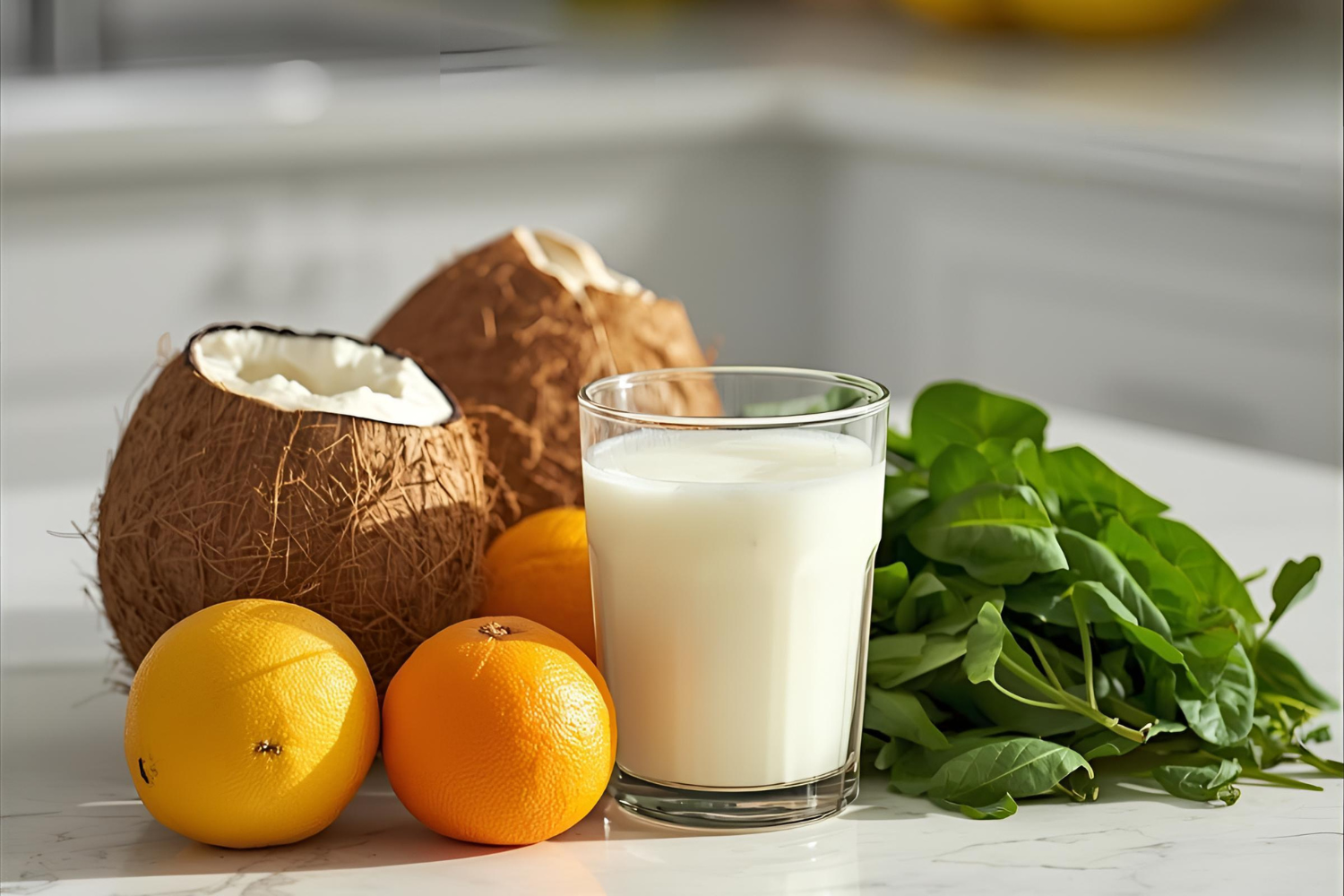
Why Electrolytes Matter for Your Energy
Electrolytes don’t act as a direct fuel source, but they support hydration, electrolyte balance, and energy metabolism so the body can use nutrients efficiently. This makes them important for anyone aiming to sustain performance and reduce the risk of low energy during activity.
For those looking for a clean way to help maintain proper hydration and balance, LyteLine offers electrolyte powders and supplements that fit easily into an active lifestyle.
Frequently Asked Questions
Do electrolytes work like an energy drink?
No, electrolytes don’t stimulate the body like caffeine; they help restore hydration and support muscle and nerve function.
Which electrolyte helps most with energy?
Magnesium and potassium are most closely tied to energy metabolism and muscle control.
Can low electrolytes make you feel tired?
Yes, low electrolyte levels can cause muscle weakness, brain fog, and overall fatigue.
Do athletes need more electrolytes for energy?
Endurance athletes may benefit from replenishing electrolytes lost through sweat, depending on individual needs and conditions.
Should I drink electrolytes daily for energy support?
Daily electrolyte intake may support hydration and energy metabolism, depending on your activity level and health needs. Consult a healthcare provider for personalized advice.
References
-
Gröber, U., Schmidt, J., & Kisters, K. (2015). Magnesium in Prevention and Therapy. Nutrients, 7(9), 8199–8226. https://doi.org/10.3390/nu7095388
-
McDermott, B. P., Anderson, S. A., Armstrong, L. E., Casa, D. J., Cheuvront, S. N., Cooper, L., Kenney, W. L., O'Connor, F. G., & Roberts, W. O. (2017). National Athletic Trainers' Association Position Statement: Fluid Replacement for the Physically Active. Journal of athletic training, 52(9), 877–895. https://doi.org/10.4085/1062-6050-52.9.02
-
Nehlig A. (2016). Effects of coffee/caffeine on brain health and disease: What should I tell my patients?. Practical neurology, 16(2), 89–95. https://doi.org/10.1136/practneurol-2015-001162
-
Popkin, B. M., D'Anci, K. E., & Rosenberg, I. H. (2010). Water, hydration, and health. Nutrition reviews, 68(8), 439–458. https://doi.org/10.1111/j.1753-4887.2010.00304.x
-
Sawka, M. N., Cheuvront, S. N., & Carter, R., 3rd (2005). Human water needs. Nutrition reviews, 63(6 Pt 2), S30–S39. https://doi.org/10.1111/j.1753-4887.2005.tb00152.x
-
Shrimanker, I., & Bhattarai, S. (2023). Electrolytes. In StatPearls. StatPearls Publishing. https://pubmed.ncbi.nlm.nih.gov/31082167/

